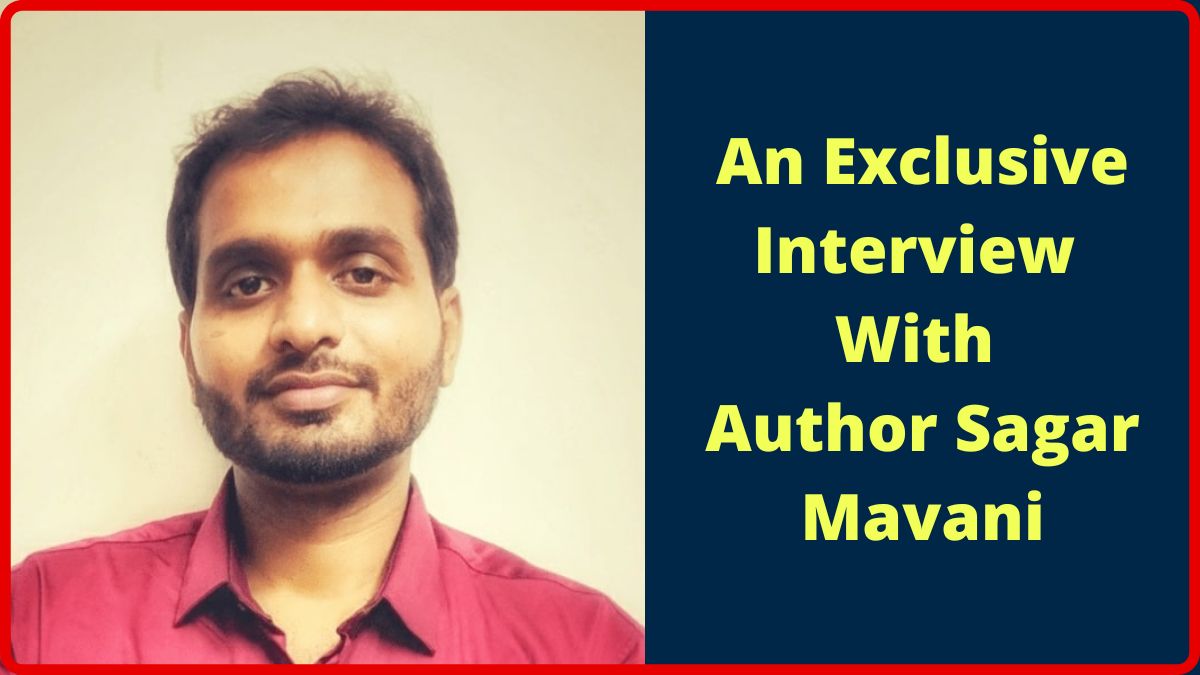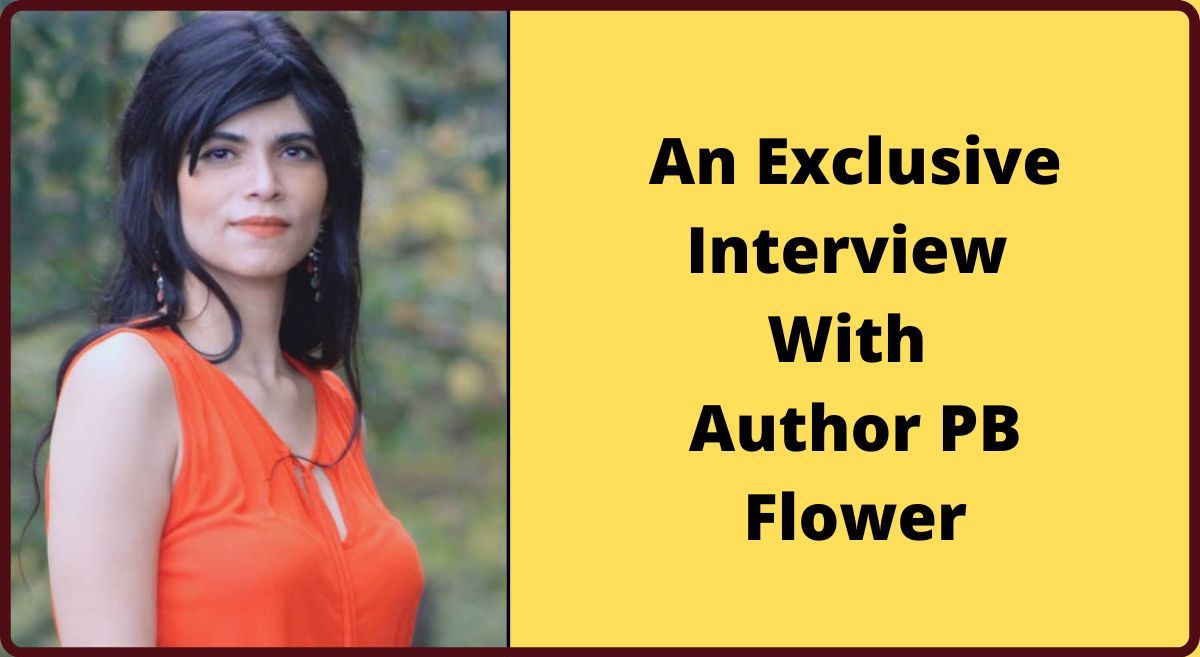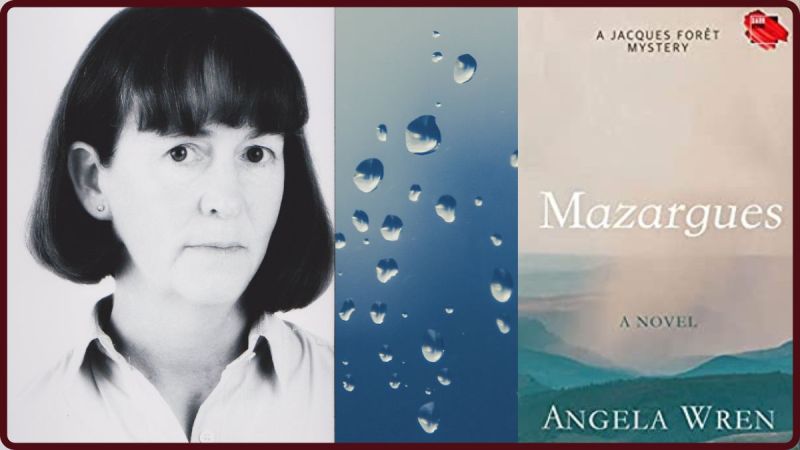An Exclusive Interview with Sabarna Roy

In an exclusive interview with the author Sabarna Roy, we tried to capture his literary thoughts and philosophy ranging on a wide spectrum of topics. And, as a true genius, Sabarna has answered all our queries to the best of his literary spirit!
Here are the excerpts.
Question: Can We Breathe in the Mushrooming Concrete Jungles? Difficult, Says Sabarna Roy!
Answer: Mushrooming Concrete Jungles is a post-modern phenomenon of urban India. We have inherited and stayed on with a skewed sense of urban development and are very vulnerable to commercial lobbies and interests, working closely in nexus with politicians of all hues.
We may have difficulty in breathing but people in-charge of doing things are not driven by what may be appropriate from the vantage point of sustainable civilization.
Mohsin Hamid in his debut novel Mothsmoke had written an ironical chapter on Air-conditioning, which brought out the brazen urban development concepts being pursued zealously in metropolitan cities of Pakistan. We are not any different. If one has to learn about cities one should study the developmental models of European cities.
Question: You have a rare combination of composing poems, writing stories and also full length plays with acts. How can you indulge in so many creative ventures?
Answer: I am interested in telling stories. Stories come in different forms. Whatever form it comes through I follow that pattern.

Question: Through Frosted Glass, you have redefined strange ways our human psyche trek, at times. Something that Emil Zola who belonged to the old school of Naturalism, tried to explain. Can you explain it?
Answer: In Frosted Glass, both in the story cycle as well as the poem cycle, I have explored characters and narratives, whom and what I have experienced in real life although the tone and tenor of the story cycle differs from that of the poem cycle.
The story cycle is raw and dark. The poem cycle is a bit lyrical and half-lit. However, both are devoid of any sentimentality. What naturally comes to me is to explore the narrative of a wasted post-modern urban man.

Question: On turning over the pages of Pentacles, we find you made a very meaningful attempt to bridge the gap between the mundane and arcane writings of today. Can our readers have little more insight on it?
Answer: The novella New Life in Pentacles is novellic in the sense that there is a thread of a narrative with the ideation of the author running in parallel merging and diverging. With New Life I started with an experiment of deliberately writing incomplete stories. Many readers have shared with me their version of the ending.
I have not judged them. This exercise helped me understand the mind of my readers in a limited way. The long narrative poems like ballads tell unusual stories and brings around unusual characters. Readers have loved reading these poems as well as loved listening to the Audible book.
Question: Can you throw some light on Abyss?
Answer: Abyss is a full length play in two acts with an interval in between. It is essentially a racy crime thriller full of gritty suspense. Act one builds up slowly to result in a crescendo of conflicts between personalities and ideas finally to end with an unnatural death before the interval. One is not clear whether it is a suicide or a murder!
Act two evolves through a series of incisive interrogations to unravel the truth, which is deeply disturbing and affecting. As the play unfolds into an indulgingly crafted situational thriller, underneath is the debate about using land for agriculture or for industry, the ethics of a working author and the nexus of a modern state, all enmeshed into its storyline and the personal lives of its characters! The highpoints of the play are its central conflict between a mother and her daughter and its female sleuth – Renuka.

Question: Your Winter Poems have gained massive popularity. What are the factors behind this?
Answer: How can I say what works and what does not work! I write about what I personally would like to read. I have no target audience in mind when I write and I restrict to matters that I know. I think Winter Poems worked because people could relate to its stories and characters and they were written lucidly. Secondly, they were easy to read as well as good to listen to on the Audible platform.
Question: We are hearing a lot about your Random Subterranean Mosaic 2012 – 2018. Can you enlighten our readers, a bit?
Answer: Random Subterranean Mosaic: 2012–2018 is a kaleidoscope of random, yet mysteriously structured to a pattern, fiction, semi-autobiographical, and autobiographical pieces, covering poems, short-shorts, opinions, observations, and conversations.
(Team CheckerNews Wishes This Writer a Very Best in His Future Literary Endeavors)





